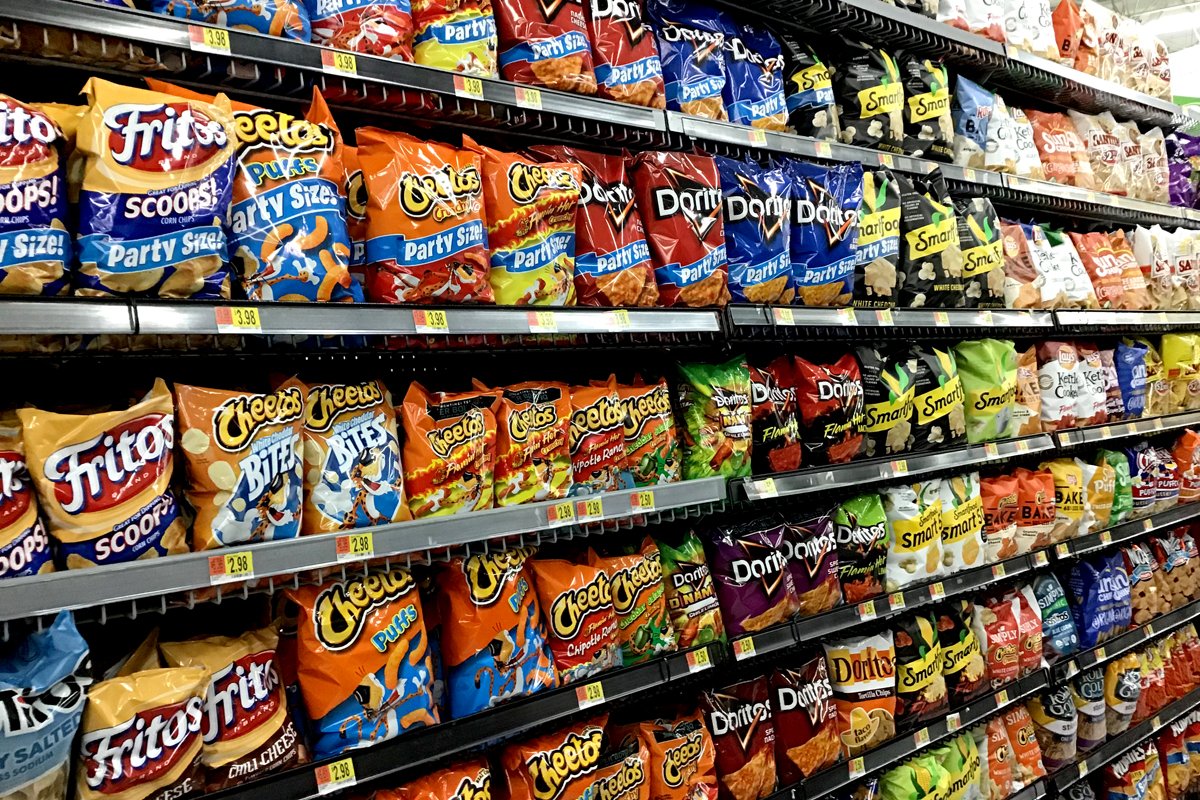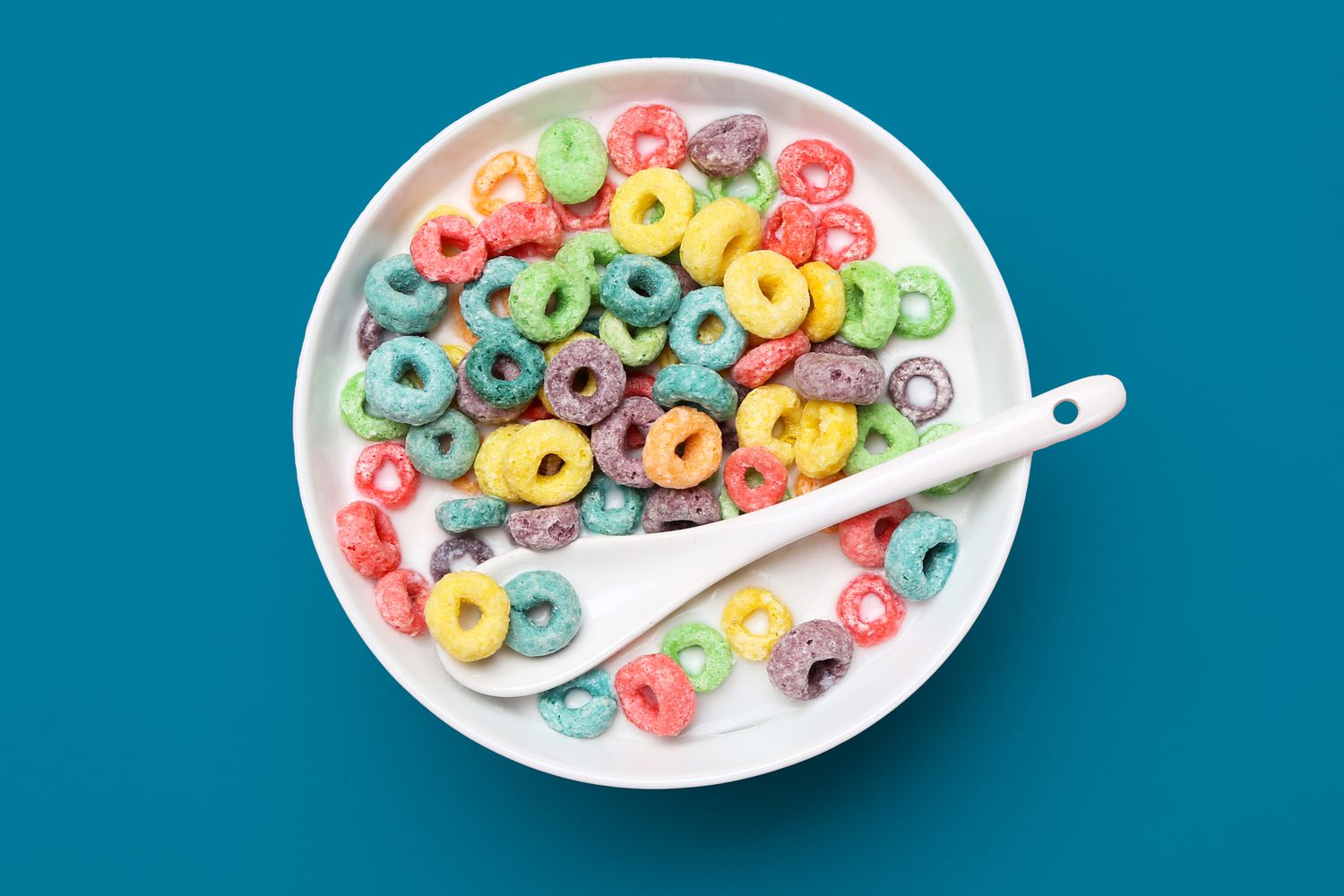
Defining Ultra Processed Foods
Defining Ultra-Processed Foods
Ultra-processed foods are food products that have undergone multiple levels of processing, involving the addition of various additives, preservatives, and artificial ingredients. These products often include fast food, sugary cereals, pre-packaged snacks, and many ready-to-eat convenience meals.
Lack of Nutritional Value
One of the most concerning aspects of ultra-processed foods is their low nutritional value. Many are high in empty calories, sugar, unhealthy fats, and sodium, while being deficient in essential nutrients like vitamins, minerals, and fiber. Consuming these foods can lead to overconsumption of calories while leaving the body starved for essential nutrients.

Lack Of Nutritional Value
Impact on Health
The consumption of ultra-processed foods has been linked to various health issues. Their high sugar and unhealthy fat content contributes to obesity and associated conditions like type 2 diabetes, heart disease, and hypertension. Moreover, these foods are often devoid of antioxidants and phytochemicals that protect the body from chronic diseases.

Impact On Health
Addiction and Overeating
The combination of high sugar, salt, and fat in ultra-processed foods can trigger addictive eating patterns. These foods are often engineered to be hyper-palatable, making it challenging to control portion sizes and leading to overconsumption.

Addiction and Overeating
Digestive Health
Ultra-processed foods are often low in fiber, which is essential for a healthy digestive system. A diet low in fiber can contribute to gastrointestinal issues such as constipation and diverticulitis.

Digestive Health
Psychological Well-Being
The consumption of highly processed foods has also been linked to mental health concerns. Research has suggested that a diet high in these foods may contribute to an increased risk of depression and anxiety, potentially due to the lack of essential nutrients that support brain health.

Psychological Well Being








